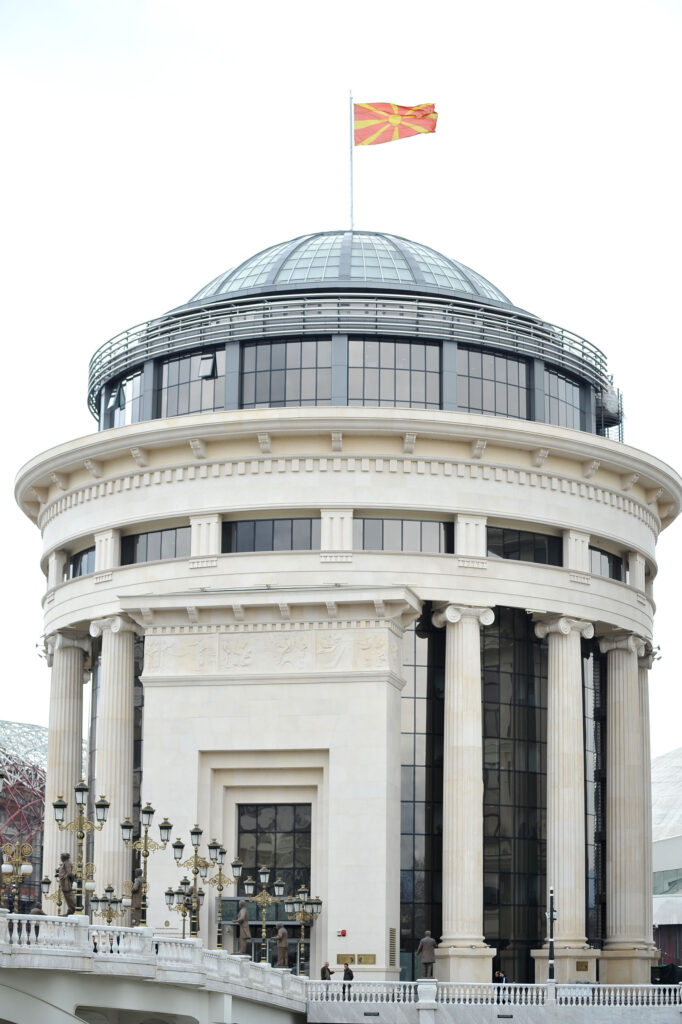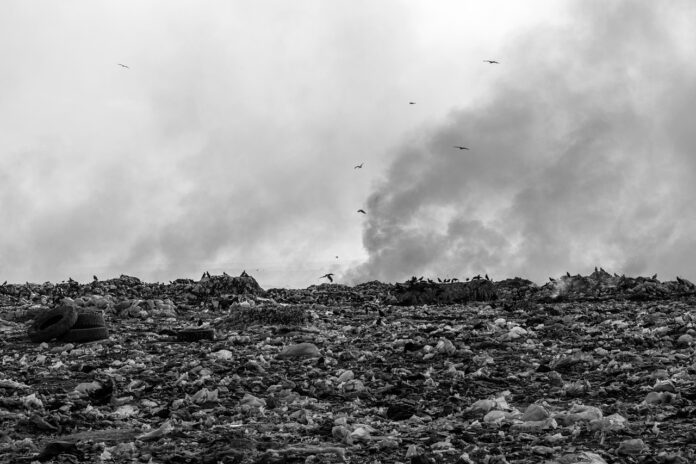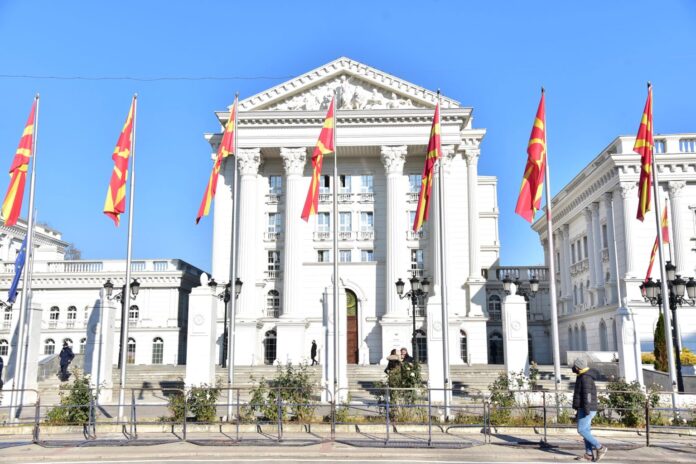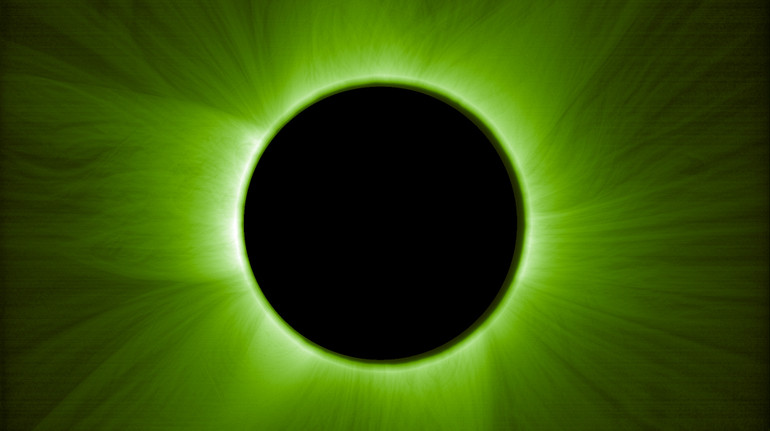Macedonia at the bottom of the pages of Reporters Without Borders report?!
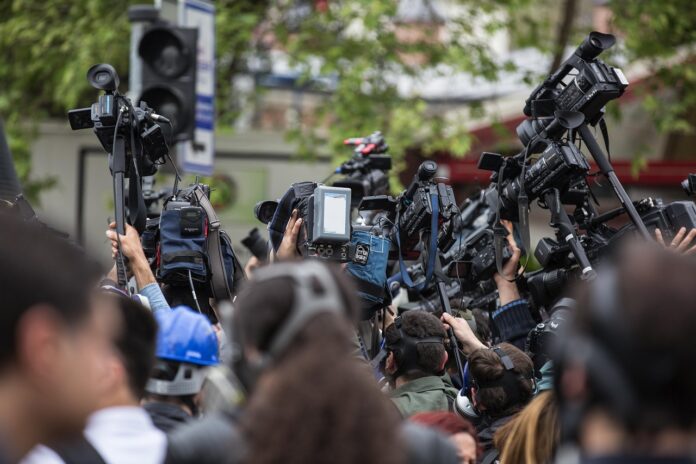
Another poisonous arrow against Macedonia shot from France
Macedonia ranks 42nd of 180 ranked countries-it has fallen by six places in Reporters Without Borders Freedom Index, the latest in the group of countries with a « satisfactory » situation
Toni Glamcevski, specifically for « Nova Makedonija » from France
Macedonia fell by six places compared to the previous year, from 36th to 42nd, in the Index of Media Freedom of Reporters Without Borders (RSF), and is the last in the group of countries in which the situation is « satisfactory ». In this group in the region are only two more Slovenia, which has advanced to nine places and is 33rd, and Montenegro, which is above for three places and is 37th, and all others are in « problematic » or « difficult » groups. The classification of the RSF covers 180 countries around the world.
Norway is in the first place and remains the only country in the world to enjoy a « good » rating for all five index indicators. She retained her first place for the ninth year in a row, increasing the leadership ahead of other countries. Estonia climbed to second, followed by the Netherlands, which overtook Sweden (now fourth) in the top three in the world.
What does Paris -based « Reporters Without Borders » conclude?
Press freedom in Macedonia, according to Reporters Without Borders, is assessed as follows according to the indicators of this Paris -based NGO:
1. The global state of media freedom is now classified as a « difficult situation » for the first time in the history of the RSF index
Although physical attacks on journalists are the most visible violation of media freedom, economic pressure is also a major, more mutual problem. The economic indicator of the World Media Freedom Index of the RSF is now at an unprecedented critically low level, as its decline continued in 2025. As a result, the global state of media freedom is now classified as a « difficult situation » for the first time in the history of the index, says Paris -based RSF.
Compared to last year, Macedonia has fallen in three out of five indicators. The biggest drop of 9.07 points was in the political indicator, from 4.19 points in the social indicator and 3.66 points in the economic indicator, and a slight increase in two indicators – 0.25 points in the legal framework and 0.01 points in the security indicator.
2. Media landscape
Television remains the primary source of information, but online media play an important role. However, one must distinguish between professional online newsrooms, who employ journalists and publish original content, and individual portals, which pay and copy this content. There is also a large gap between use and trust: the most watched television channels – Alsat, Sitel, MTV1, Channel 5 – have a low security index.
3. Political context
The general environment remains relatively favorable for press freedom, but institutions offer little transparency, and political attacks on critical journalism are increasing. Due to the strong political polarization of society, the media can be subject to pressure from authorities, politicians and businessmen, both nationally and locally. The two largest parties, in power and in the opposition, have created parallel media systems, which have their political and economic influence. The public service broadcaster has neither editorial nor financial independence.
4. Legal framework
Although the constitution guarantees freedom of expression and prohibits censorship, the country lags behind in the harmonization of media legislation with European Union standards, which intends to join. SLAPP procedures are used as instruments for intimidation and pressure on independent media. A new law that allows national and local authorities to advertise in private media has raised concerns about potential abuse of influence.
5. Economic context
Although some types of media concentration are prohibited by law, the newsrooms of some major television networks are exposed to economic pressure from their owners. State funding is limited and opaque, and independent media rely on donors. Foreign financial aid, based on specific projects, contributes to simple survival, but not for development. The work of the journalist is very uncertain. There is an exchange of influence between marketing agencies and certain media.
6. Socio -cultural context
Although free journalism operates in a cultural and social environment free from any defined restrictions, social networks and digital space favors the spread of misinformation and cyberesacans. Combined with low professional standards, they contribute to the decline in public confidence in the media and open a door to attacks on journalists based on gender, ethnicity or religion.
7. Security
The sense of security for journalists has been shaken by several incidents, including burning their property and cases of police harassment. Although a special prosecutor has been appointed to deal with cases of attacks on journalists in the capital, as well as opening similar offices across the country, journalists covering prosecutors’ activities are under pressure.

